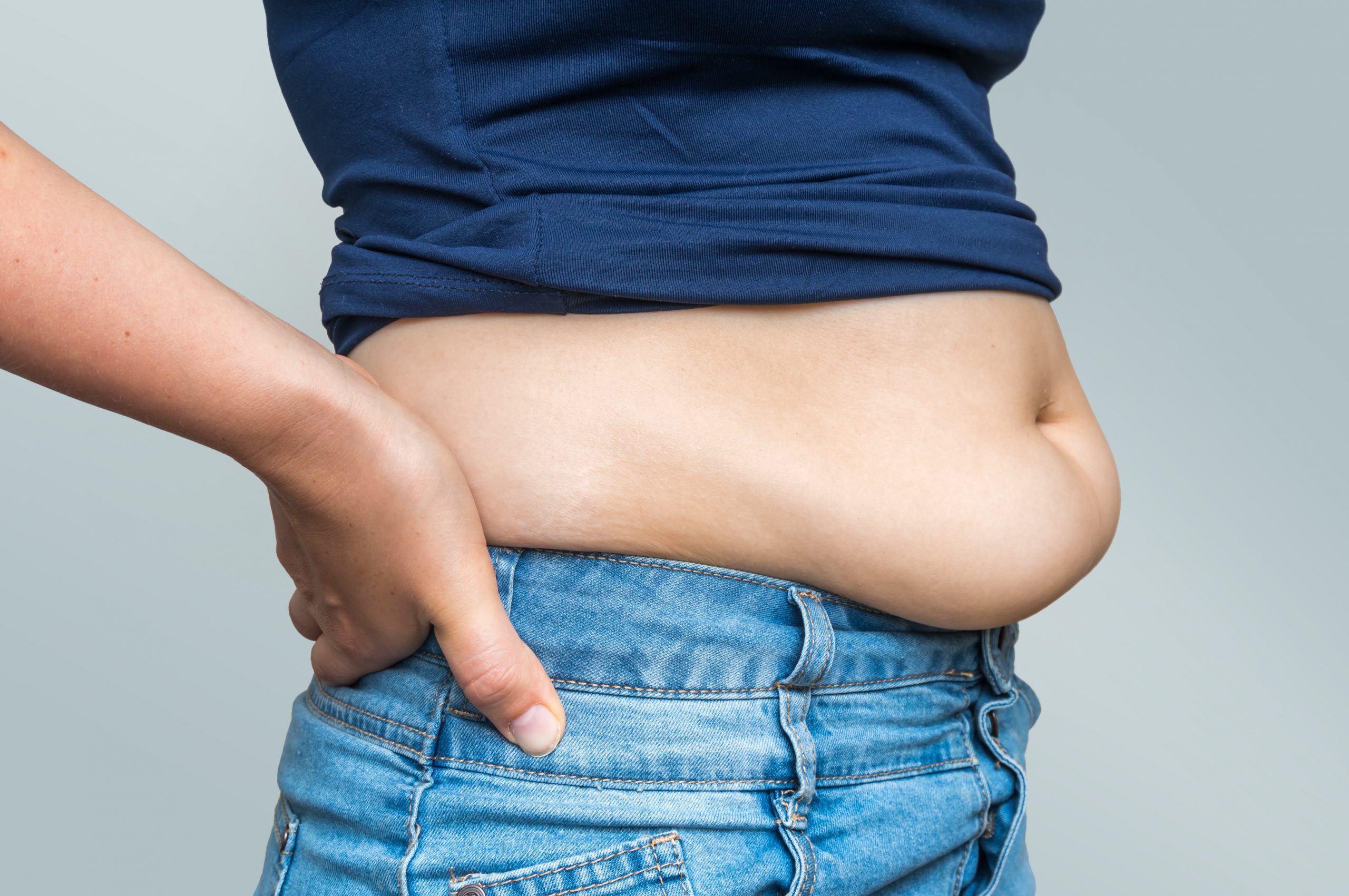Increased accumulation of abdominal visceral fats and excess subcutaneous fat accumulation is linked to increased risks of obesity and chronic lifestyle conditions, including cancer, diabetes type 2, and heart disease. Trans fats, sugary drinks and foods, limited protein intake, and a sedentary lifestyle are some of the factors that promote abdominal fat accumulation.
Many people are trying to lose weight and shake off excess fat, particularly belly fats. Visceral or belly fats cover abdominal, and liver organs and are linked with increased risks of obesity, heart disease, some types of cancer, and other conditions. Subcutaneous fats are generally healthy since they form insulation below the skin layers, but their excess accumulation is linked to increased belly fats. While losing excess fats is good for your health, doing so has more far-reaching health benefits and will lower your risks for health conditions. Overaccumulation of fats in the lower abdomen can be caused by many factors, most of which are discussed below.
i. Trans fats
Trans fats can naturally be found in some foods but are mostly artificially made by adding hydrogen to unsaturated fats to make them stable and solid at room temperature. While the process helps the food industry find cheaper alternatives than lard, butter, and other expensive fatty but healthy items, it risks people’s health. In fact, some studies link trans fats to increased risk of obesity, heart disease, and cancer, but more research is needed for this. Fried and baked produce particularly harbor trans fats, although some countries like the US have banned these harmful fats.
ii. Sugary drinks and foods
Sugary and processed drinks and foods form most of what many eat in a day, not because they are healthy, but are convenient and ready-to-eat. You just walk to the food stores, pick them up, and you are good to go. As sad as it may sound, studies show that such drinks and foods are among the leading causes of accumulating belly fat. Besides more belly fat, such foods make you pack more calories since they lack fiber and are not filling, leaving you hungry and more inclined to go for more.
iii. Reduced intake of proteins
You might have seen it suggested that taking protein-rich breakfasts will help you lose weight faster and maintain it just where you want it. There are many reasons for this, and the basic one is that protein-rich foods are quite filling. As such, you will feel less inclined to reach out for more or overindulge, particularly in unhealthy snacks. On the contrary, lowering your protein intake and focusing on refined and processed foods you hungry and are more likely to increase your intake of trans fats and sugared drinks.
iv. Physical inactivity and a sedentary lifestyle
Have you ever wondered why health experts recommend an active life as a way of losing weight and fats and maintaining the right weight? It’s primarily because being less active and living a sedentary lifestyle is linked to fat accumulation. In fact, a recent survey found that compared to active people, inactive once were 20% more predisposed to obesity, belly fat accumulation, and other serious lifestyle conditions. Why not work out daily, say for at least 30 minutes, to prevent accumulating belly fat? If you cannot do this, at least, stand up or walk for 5-10 minutes every 30-90 minutes.
v. Alcohol
Alcoholic beverages like wine may be healthy to the body when consumed in moderation and may be linked to lower risks of cancers. However, overindulging in any form of alcohol is linked to belly fat accumulation since most of these drinks are sugar-rich, yet sugar is one cause of visceral fat accumulation. Besides, drinking too much alcohol blurs a person’s reasoning, and he is more inclined to overindulge in unhealthy food picks, most of which are linked to belly fat accumulation.
vi. Lack of sleep or low sleep quality
Sleep issues and abdominal fat gain present a ‘chicken and egg’ relationship where it seems unclear which factor comes first and one can cause the other to occur. Studies show that not getting enough sleep comes with fatigue and low energy levels, with many compensating for it by indulging in unhealthy food picks, which, in turn, exacerbate belly fat accumulation. Besides, insufficient sleep is linked to hormonal imbalances, which also have a bearing on fat accumulation in the lower abdomen.
vii. Menopause
Menopause describes a time when hormones shift, and metabolic processes go down, especially one year after a woman’s menstrual cycle stops, and this period is linked to weight gain and abdominal fat accumulation. Toward puberty, the body secretes more estrogen that builds up fat in anticipation of pregnancy. However, after menopause, estrogen drops, which is linked to many changes, including slowed metabolism and fat gain. Going for hormone replacement therapy might help a person manage menopause-related fat accumulation.
viii. Genetics
Although more research is needed for this, existing studies point out to genetics as one of the factors that influence belly fat accumulation. If your lineage has a history of obesity and overaccumulation of belly fat, you are more likely to suffer from the same condition. However, sticking to a healthy diet from younger days and exercising may help iron things.
ix. Stress and cortisol overproduction
Cortisol is the survival hormone the body secretes to help you naturally manage physical and psychological stressors. Although it’s still unclear how this happens, there seems to be a direct relationship between overproduction of cortisol and belly fat gain. Still, many people tend to overindulge in processed and sugared drinks and foods to manage stress, which goes a long way to promote the accumulation of fats in the lower belly.
x. The limited fiber content in foods
Fibers are the indigestible carbs the body needs for reduced blood pressure, sugar, and cholesterol levels, better control of blood sugar and insulin spikes, a healthy gut, reduced digestion of carbs, and sugar absorption into the bloodstream, and reduced constipation. Besides, having fiber in your foods helps you feel full and eliminates the need to eat occasionally. High sugar and cholesterol levels are associated with lower belly fat accumulation. Additionally, lower fiber intake means you will be hungry every other time, increasing your intake of trans fats and processed and refined sugared drinks and foods.
Conclusion
Many factors like genetic composition, menopause, dietary choices, physical inactivity, and stress can contribute to fat accumulation in the lower abdomen. While you may have no control over some, most factors are within your control. Be more active, de-stress, seek hormonal therapy, and make conscious dietary choices to minimize fat accumulation.
- WHY CAN DRINKING ALCOHOL TRIGGER ANXIETY? - January 7, 2023
- WHAT IS ORGASMIC MEDITATION? BENEFITS + HOW TO - January 7, 2023
- THE BEST WAYS TO PREVENT WEIGHT GAIN THIS WINTER - January 6, 2023









